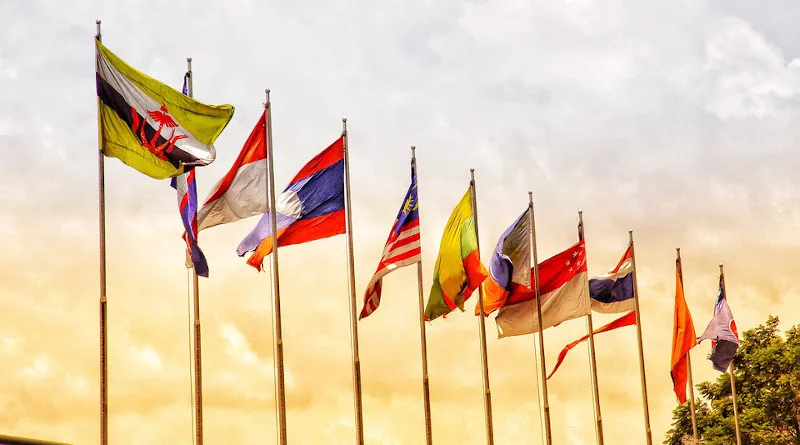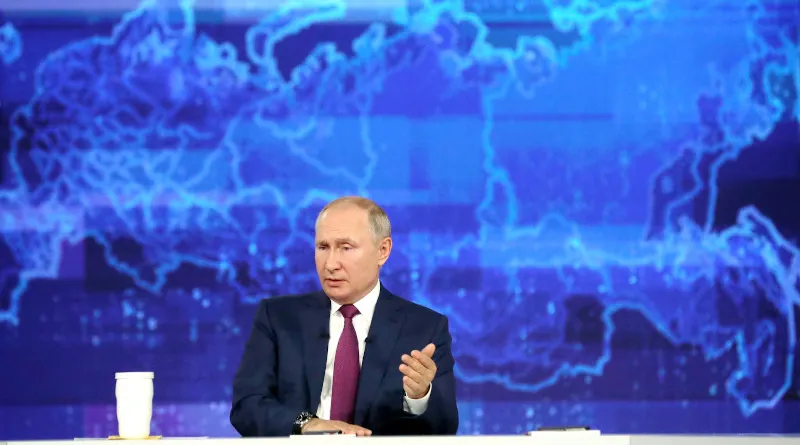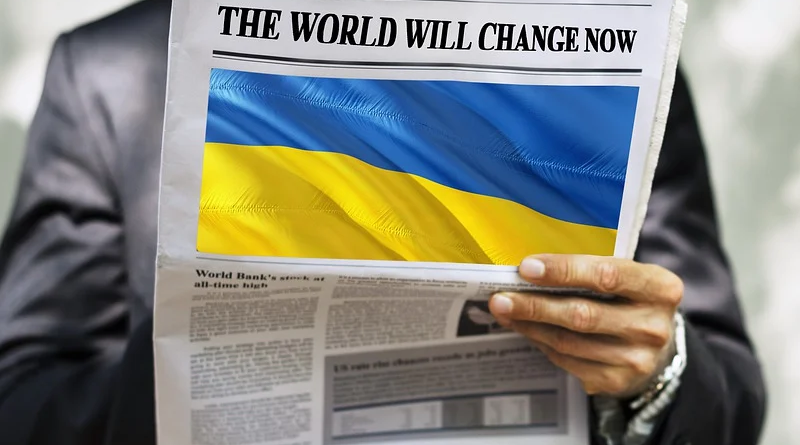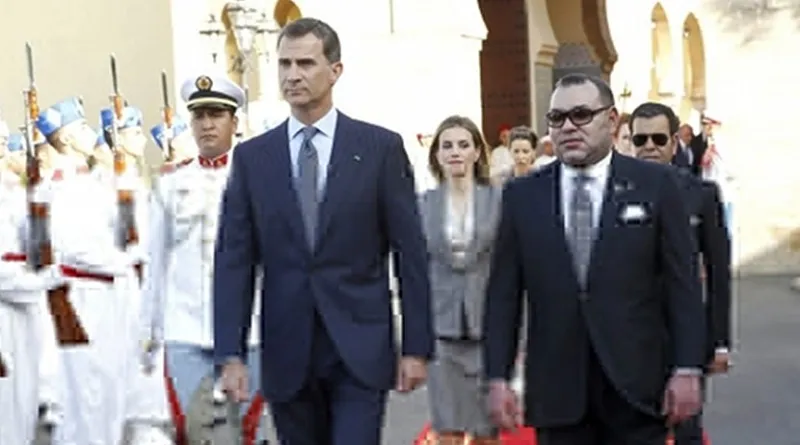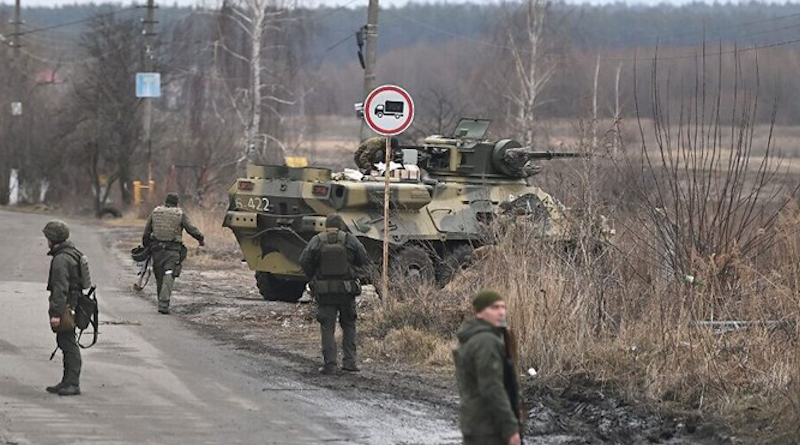Lebanon Gives Tehran a Double Whammy
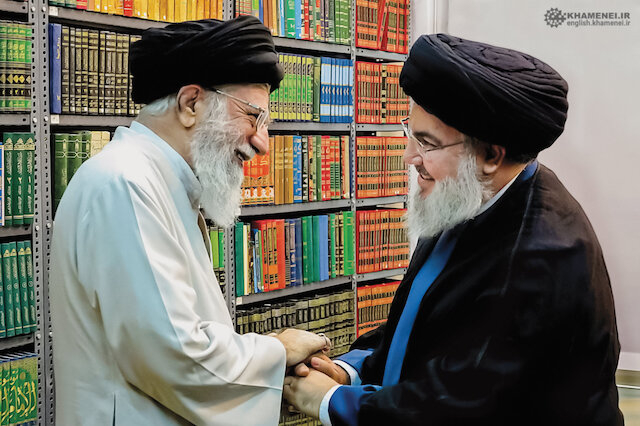
[A]s official results came in, [Iran’s Supreme Guide Ali] Khamenei and [Major General Esmail Qaani, chief of the Quds Force who is supposed to rule the “Resistance Front” countries as a satrap]… realized that the Lebanese electorate, or at least the 49% who went to the polls, had denied Tehran the “crushing victory” it had hoped for.

